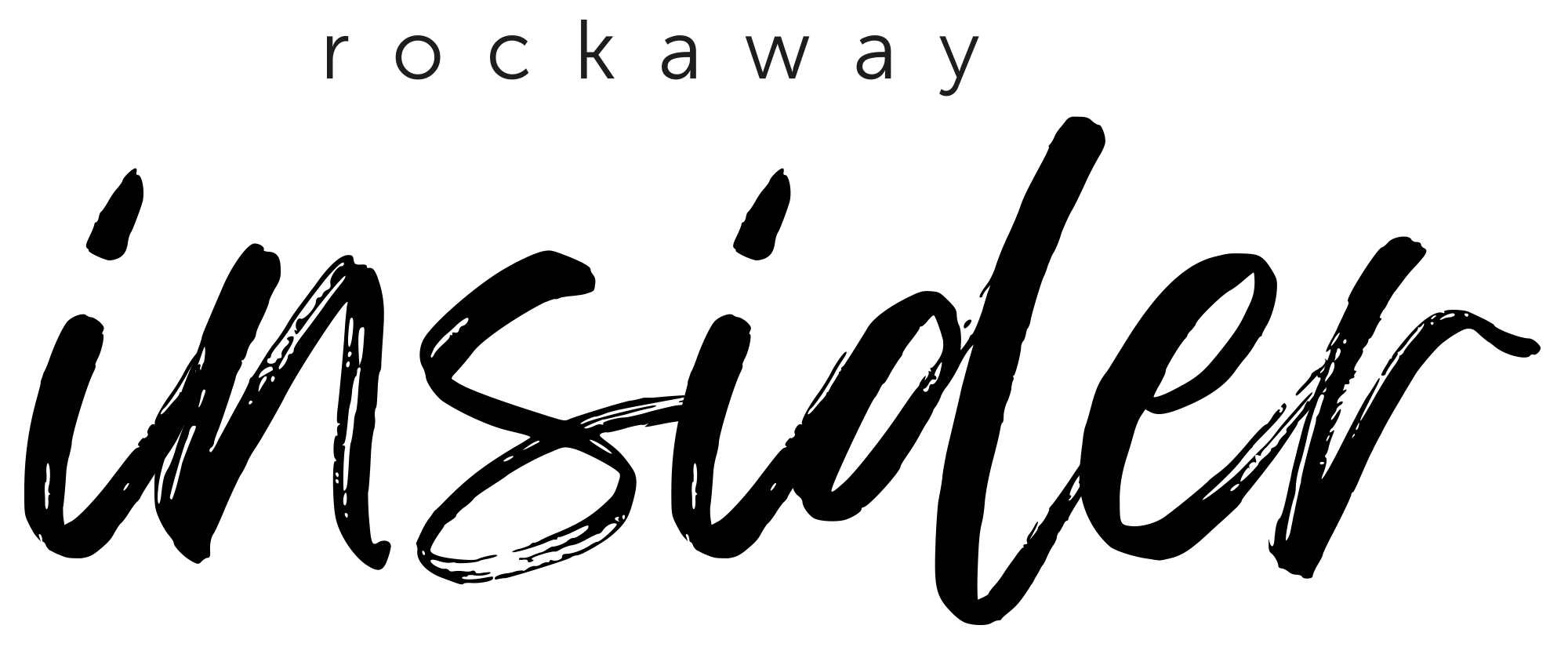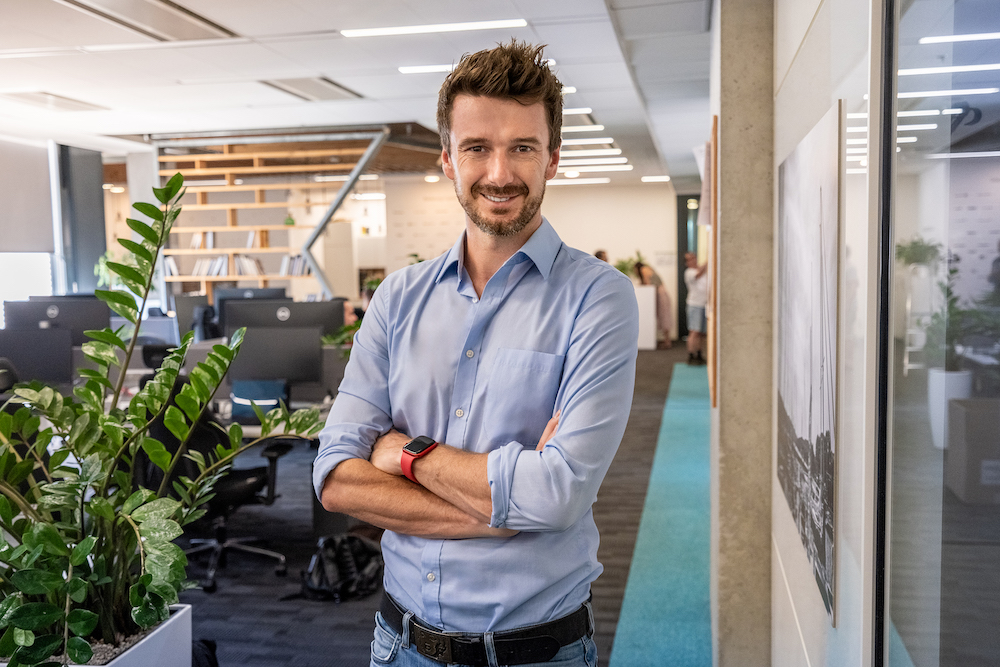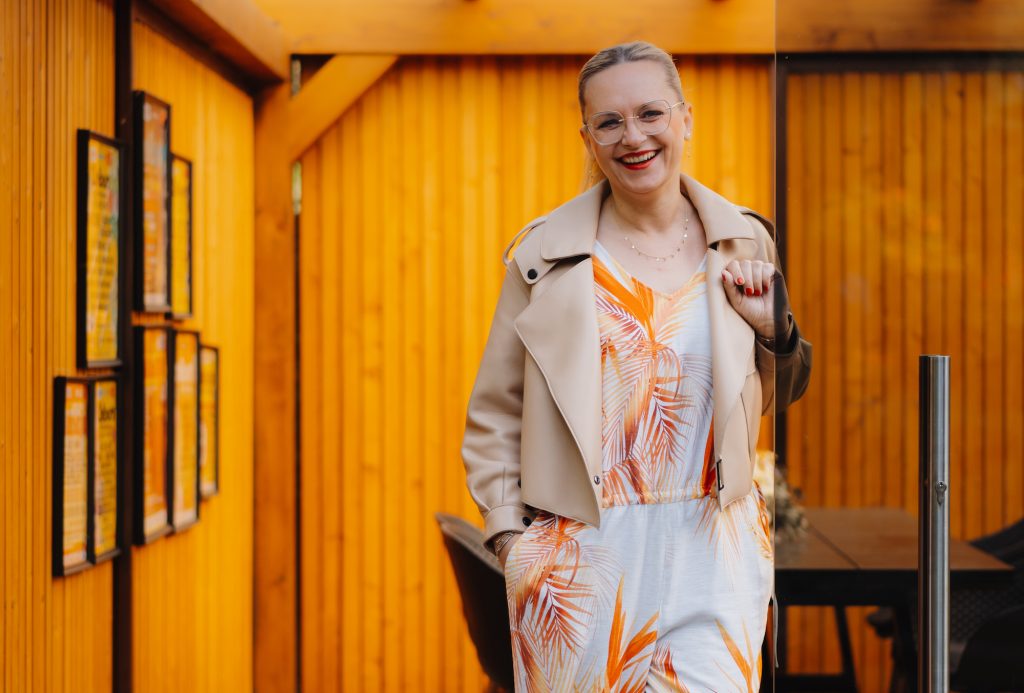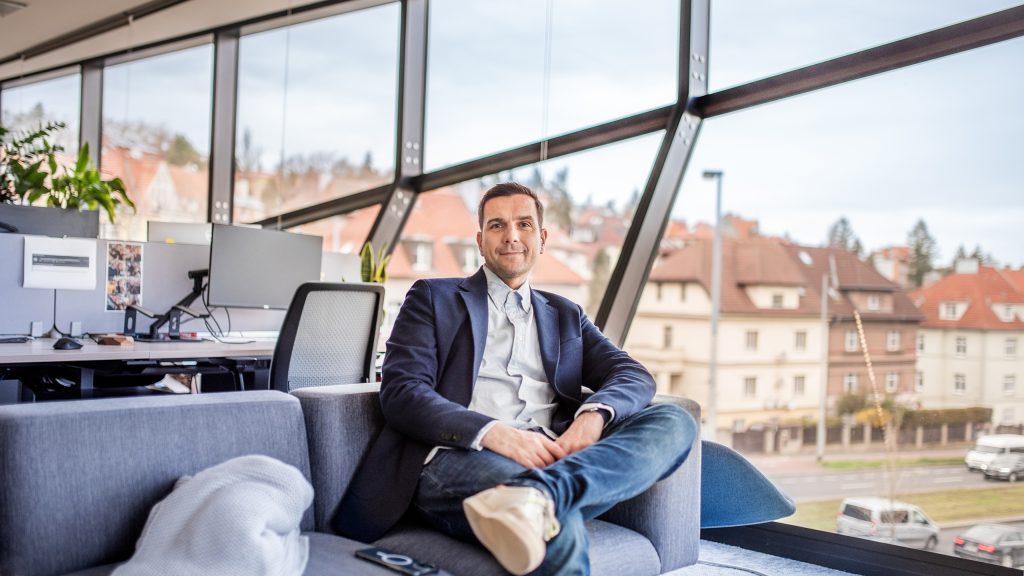All newsRockaway Insider with Igor Třeslín, CEO of Storyous: I never worked as an employee, which was a mistake
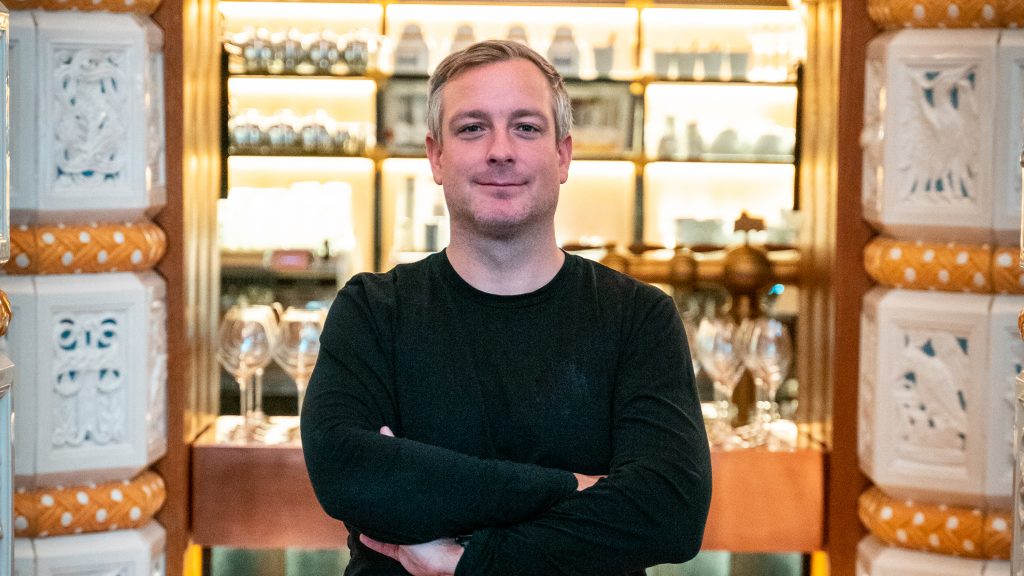
For the past five years, Igor Třeslín has been CEO and an investor in Storyous, which develops cash register systems and technologies for end-to-end automation of restaurant operations. Igor’s desire to win evidently has its roots in his youth, when as a talented hockey defenceman he made it to the Czech Republic’s second-highest pro tier.
What key thing has 2020 taught you?
When in the spring we were going through the biggest crisis and had to cut costs, I spoke to my management team and levelled with them: “We’ve got two options. Either you help us now and work almost for free for two or three months, because we can’t afford to pay you right now, or I can help you find another job, for example within the Rockaway Group.”
In the end, they all decided to stay. Not even one of our twelve managers left back then, even though they could have, and we kept on meeting and working, though they weren’t being paid for it. Some were paid on the third month, and by the fourth month we were able to pay everyone normally again. It was a huge lesson for me. I always knew that I was building an excellent team, but I was never able to test whether it was actually true. Only now, thanks to the pandemic. It showed me that when you pick your team well and make sure it has good relationships, one day it will pay off.
What is the number-one rule that you follow at all costs in your business?
I always take the long-term view. That’s my rule number one. Even if you think you may never someone again, a few years later your paths may cross once again, so I behave accordingly and want my employees to do the same. When you want to leave, it’s better to tell me openly and together we’ll find a way to do it as effectively as possible. This approach has paid off for me many times.
I’ve been very influenced by Dale Carnegie’s famous book from the 1930s, How to Win Friends and Influence People, which is a sort of Bible for me. Many times I’d already written an angry email, but then thought better of it and re-wrote it. I try to get along with everyone. That doesn’t mean I have to be everyone’s friend, but there’s no use in making enemies.
One learns from one’s mistakes. What mistake taught you the most, and what, specifically?
In my youth I played professional hockey, and when I ended, still as a young man, a friend and I launched the Lunchtime.cz start-up, which was a delivery services aggregator that you might still recall. But I never worked as an employee, which was a mistake. I should have gone to work for a year or two, learned everything, made my first mistakes, and only then started my own business. I now advise everyone to not do it like I did, because it’s a much more difficult path. This is related to another mistake – during my first three years of doing business I never read any books about business. By this I mean practical ones, on how to arrange meetings, how to sell, how to build relationships, and so on. I tried to figure it all out myself as I went. And that was a mistake.
What is your most important piece of advice for new entrepreneurs and start-uppers?
I always tell them two things. Firstly, lots of start-uppers think that when they’ve raised their first money that they’re home free, even though they have no idea what to do with it. But at that moment they’ve got a huge problem, because when you’re looking for an investor, you should already know precisely what you want their money for. It’s better to build your business so that in the beginning you don’t need any investments. Then you have to know exactly what you want it for, and then choose the right investor. With Storyous, we were incredibly lucky to have found Rockaway, and specifically Dušan Zábrodský, with whom we’ve had a perfect working relationship for many years now.
The second piece of advice is that I always tell them to think it through carefully before starting their own business. Today I see a lot of thirty-somethings around me who have been making good money for the past several years, have experience, and then decide to start a new business. And I always tell these people: It’s going to be blood, sweat, and tears, and you’re going to cry in your pillow and regret that you did it. A start-up is a huge amount of work. And it makes no difference whether you’re unsuccessful or successful – in the first case you’re screwed, and in the second case too, because you won’t have enough time for anything. That’s because you can’t do a start-up halfway.
What do you consider the greatest benefit of your business for society?
I’ve got this crazy vision that I don’t talk about even with my team. But I’ll tell you about it. I think that in the future we’re going to have a problem with food quality. What we enjoy now, because the Czech Republic is doing well, will be available to maybe 20 percent of people on this planet. And the rest of the population will have a difficult time accessing it. In order to change this ratio, it will be necessary to significantly optimize the entire supply chain, because otherwise we won’t be able to feed the planet. And that’s our role. Lots of people think that we make cash register systems, but in reality we’re already capable of optimizing and managing the entire process of food production in a restaurant, from the supplier to your plate. And this could be seen nicely during the Covid crisis. Everyone is complaining that the restaurant industry has low margins, but that’s merely because it’s inefficient. You, as the end customer, want to have good food with good service – and we want to take care of everything else. So we’re actually helping ourselves.
What question are you asked most often, and how do you answer?
I’ll answer by telling you about a question that I’d like people to ask, but don’t very often: Where and how should I open a new restaurant? Already back with LunchTime we had a half-million unique users a month, so we knew exactly what areas of the city were being visited, what beer people preferred there, whether the restaurants had children’s play areas, and whether people tended to go there for lunch or supper. And we’re able to the same now, too, with Storyous, because we have similar data. So if someone came to see me with an idea for a new restaurant, I’d be able to tell them exactly what it should look like, and I guarantee you that it would work. But still, almost nobody asks me that, even though here and there a few are starting to pop up.
What life hack helps you most in your work?
My biggest trick is that I try to be out in the field, out of the office. When you spend five days a week in an office, you get bogged down in routine and get interrupted a lot. I did all of my businesses either in a train or a plane, because that’s the only place where nobody interrupts me. That’s why I take vacations abroad whenever I can. It looks like I’m lazing around, but in reality my vacations take the company to the next level, because I shake off my routine and get ideas I’d never get in the office. There’s an expression for it: serendipity – the ability to connect things and observations that at first glance are unrelated, and thus discover new things even if at the beginning you didn’t intend on discovering anything of the sort. I always joke that the company should pay me to fly to Dubai, for example, and then back again the next day. That’s my life hack.
___
![]()
Did you like this interview?
The Rockaway Insider Newsletter is published every second Wednesday morning – subscribe now.
By clicking on “Subscribe” you agree to subscribe to the Rockaway Insider newsletter using the specified e-mail address. You can cancel your subscription at any time directly in the newsletter.
___

